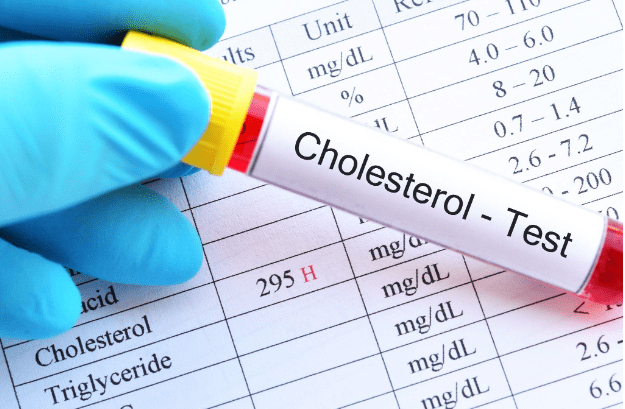
There are many things that can affect your cholesterol. From your diet to your exercise habits and even if you smoke cigarettes, your cholesterol can often be a direct reflection of your lifestyle choices (though some is affected by genetics). But while high “bad” cholesterol, or LDL cholesterol (low density lipoprotein) can sometimes be affected by things we know about, it can also creep up thanks to something we may not even realize is causing problems: sleep apnea!
Sleep apnea is a common sleep disorder which is categorized by the stopping and restarting of breathing while trying to sleep. This causes you to wake up over and over again throughout the night, often gasping for air. Many people with sleep apnea snore, or sound like they are snoring. Sleep apnea affects the body around the clock, causing daytime cognitive impairment, depression and anxiety. It can also contribute to serious illnesses such as heart disease, some cancers, diabetes, and Alzheimer’s disease.
According to a new study, believe it or not, LDL cholesterol and sleep apnea are linked. Though it is not known exactly why the two conditions are connected, there are theories. One is that people with obstructive sleep apnea especially are often overweight, and because of that may have high cholesterol. But whether the cholesterol is caused by the apnea or other factors is still not yet known, nor would it be the same in every case.
So what can be done about sleep apnea and high cholesterol? The great news is that both conditions are very manageable. For those with high cholesterol, there are pills called statins which help to lower LDL cholesterol levels, especially in conjunction with a healthy diet, exercise, and the cessation of smoking if applicable.
For sleep apnea, there are several treatment options, including improving diet and exercising, quitting smoking if applicable, and treatments such as continuous positive airway pressure (CPAP) therapy or a mandibular sleep device. While CPAP is the most frequently prescribed form of sleep apnea treatment, it is often simply not used by the patient because the mask and tubing is awkward and uncomfortable. It can also be connected to complicated machinery, and tubing that is difficult to clean.
Thankfully, Dr. Abelar has a solution to CPAP that you may not have known about. A mandibular sleep orthotic can be an extremely comfortable and effective way to treat sleep apnea without the use of CPAP therapy. If you are interested in learning more about sleep orthotics, please contact Dr. Abelar’s office today to schedule a consultation.






